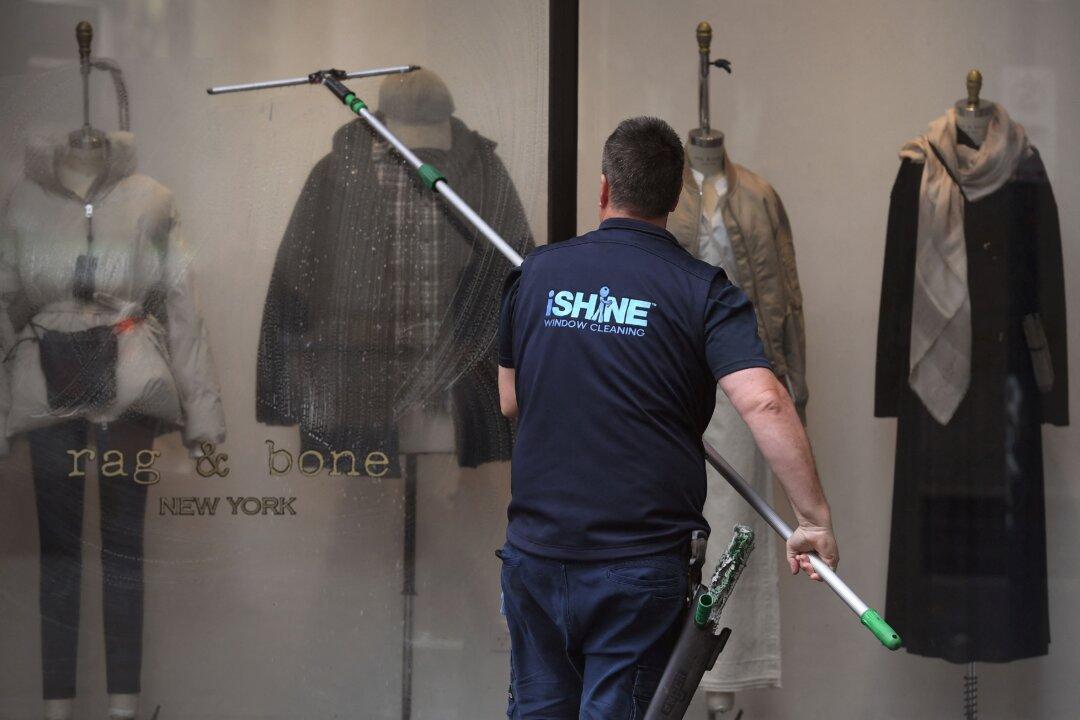The impact of the Omicron COVID-19 variant and escalating costs have cut short the recovery in the confidence of small and medium businesses across Australia, a new survey has found.
According to the latest National Australia Bank business survey of small and medium enterprises (SME), the confidence index for the March quarter fell six points to nine index points, affecting firms of all sizes.





